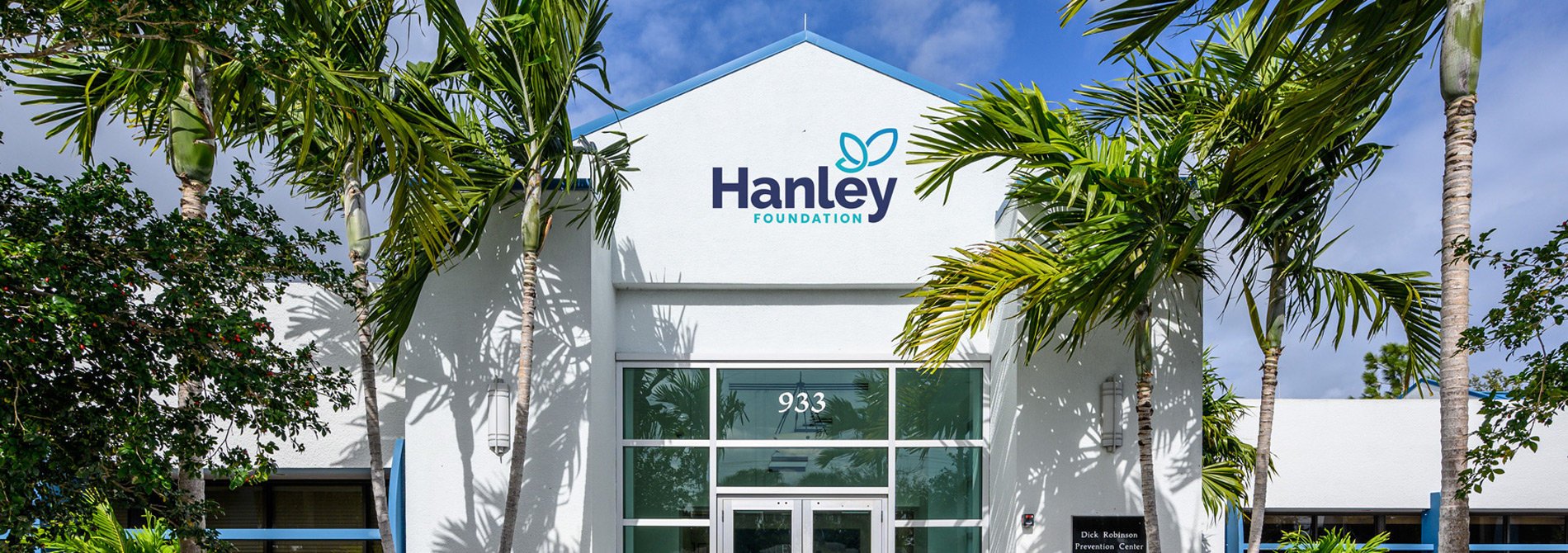The success of a woman in recovery has a lot to do with establishing a clear understanding of what led to her drug or alcohol addiction and why her previous attempts to get sober have ended with relapses. Undiagnosed mental health issues that contributed to her addiction—or were created by her addiction—may be interfering with her work in treatment programs. Today let’s talk about how an approach combining addiction help and mental health help, known as a co-occurring disorder (or “dual diagnosis”) treatment, can improve a woman’s success in recovery.
A woman living with substance use disorders (SUDs) and mental health disorders can benefit from a dual diagnosis treatment program that simultaneously addresses both disorders in an integrated way. One sign of co-occurring disorders may be multiple attempts at recovery with little or no success and frequent relapses. While the co-existence of these disorders is fairly common, only the treatment facilities staffed by both addiction specialists and psychiatric professionals working in an integrated program are qualified to offer a true dual diagnosis treatment to patients.
What is dual diagnosis treatment?
A dual diagnosis treatment is a program customized specifically for an individual living with both a substance use disorder (SUDs) and a mental health disorder. The combination could show up in a patient as alcohol addiction and depression, opiates use and anxiety, or use of multiple substances with several mental health conditions. Treatment is provided by a multidisciplinary team of addiction specialists and psychiatric professionals working in tandem to support a patient through recovery.
How common are co-occurring disorders?
A dual diagnosis of mental health issues and addiction is not rare. Research shows 1 out of 4 women and men with mental illness also live with substance use disorders (SUDs), with other studies suggesting the number is higher. While the presence of both is seemingly common in adults, the focus for addiction specialists and psychiatric professionals is helping ensure a proper diagnosis occurs to aid in the treatment process.
What makes dual diagnosis patients high-risk?
While it’s not easy to determine which disorder came first, mental health or substance use, it’s imperative to recognize a dual diagnosis patient as someone with a high-risk for substance use or relapse. Conditions such as bipolar disorder, depression, PTSD, and anxiety left untreated can lead to self-medicating with drugs and alcohol, for example, and the combination of these disorders can add to the volatility of a person’s life. Some of the most severe consequences can be self-harm, through drug or alcohol overdose, for instance, or causing physical harm to others.
When does dual diagnosis treatment get offered?
Dual diagnosis treatment can be requested by a patient or recommended during an initial assessment at a treatment facility. Given the nature of the individual’s unique combination of addiction and mental health disorders, the length of treatment time will vary. If you have a loved one needing treatment for addiction and a mental health disorder, you may recognize some of the following warning signs.
Physical Signs: Lack of personal hygiene, Red, dilated eyes, Sleeping pattern changes, Weight gain or loss, Withdrawal symptoms
Behavioral Signs: Feelings of anxiousness or paranoia, Financial or legal troubles, Isolation, Lack of motivation, Self-centered actions
Does every treatment facility offer dual diagnosis treatment?
Not every facility offers true dual diagnosis treatment. As it requires a treatment team of addiction specialists and psychiatric professionals working in an integrated fashion, many rehab facilities are unable to provide an adequate services once treatment commences. If you suspect a mental health issue may be present with your loved one’s drug or alcohol addiction, you can ask a treatment facility representative specifically about whether or not care for co-occurring disorders is offered there and what’s involved.
Hannah’s House is a well-known care provider offering a range of treatment programs targeting the recovery from substance use, mental health issues, and beyond. Our primary mission is to provide a clear path to a life of healing and restoration. We offer renowned clinical care for addiction and have the compassion and professional expertise to guide you toward lasting sobriety. For information on our programs, call us today: 866-952-5532.



